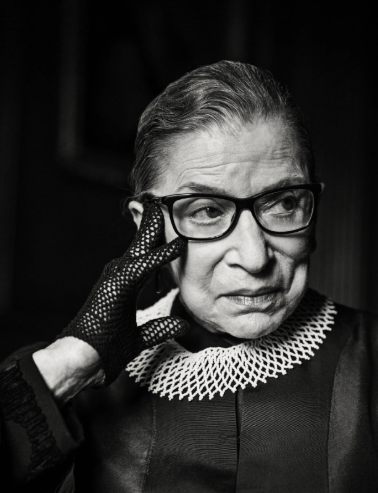Camp in COVID-19
- Sophie Reynolds

- Aug 17, 2020
- 3 min read
Updated: Nov 30, 2020
Summer is the time for teenagers to have fun, let loose, and hang with friends in a non-academic setting. However, many young people take advantage of this free time to volunteer, intern or work, and go to camp. This summer, with COVID-19 running rampant, camps look a bit different. I attended two this summer: my eighth year at a traditional summer camp in Texas, and a debate camp that I had never attended. Both of these camps handled the COVID-19 pandemic in dramatically different ways, and were both successful at producing a fun and memorable experience.
Camp Waldemar for Girls is located in Hunt, Texas. Nearly one hundred years old, this finer camp brings a traditional experience with strong central values of leadership, sportsmanship, aspiration, and thoughtfulness, among others. It also provides young girls with some of the most beautiful views and best food Texas can offer. Waldemar’s website describes it as “a Christian camp of the highest ideals and standards. We are proud to say the Waldemar experience has stood the test of time by continuing to evolve in response to changing needs of today's youth while maintaining its strong traditions and commitment to excellence.” And, indeed, it has stood the test of time by keeping it’s gates open in the summer of 2020. However, it looks a bit different. We had to quarantine fourteen days prior to camp, get tested for COVID-19, wear masks in the dining hall and around maintenance, office staff, etc. (people who weren't campers and counselors), and have twice-daily temperature checks. Instead of being surrounded for a month by three hundred smiling faces of girls in grades 3 through 11, summer 2020 also brought a shorter term and a smaller group. The thirty-two hilltoppers of 2020 (high school juniors and the oldest at the camp) gathered together for the best two weeks of our lives. We were disheartened at first without our friends in other age groups, without tribal competition, and with having to deal with extra precautions due to COVID-19, but we were quickly back into the swing of things. The camp staff did marvelously in making up to us everything we would miss as a typical hilltopper class, and I couldn’t have asked for a better camp term in a pandemic. I’ve been home for a week, and already want to go back!
This summer, I also attended the Institute for Speech and Debate. I had no idea what to expect as I had never been to a debate camp, and when I heard that the two-week camp would take place online, I was even more curious. I was looking forward to making more friendships with people in the debate world and honing and improving my speaking skills, but was worried that an online setting would hinder my ability to do both. However, with a 9 am to 8 pm schedule packed with lectures, speaking, research, and other debate-related activities, I was pleasantly surprised. I filled up an entire notebook of notes and an entire legal pad with speeches (which did get much better by the end of the camp term). In the comfort of my own room in Little Rock, Arkansas, I was able to connect with other congressional debaters of all levels from all over the country. I gave and took feedback from people in different time zones, and I learned so much about the online debate format. That was one of the biggest takeaways. I am fortunate to have gone to camp online because now I am better prepared and ready to adapt for the upcoming season and any challenges it might throw my way.
Both camps are very different, and both reacted very differently to the COVID-19 pandemic. The success of these camps and what I took away from both will serve as a reminder that flexibility and adaptability are important, and social distancing does not mean you have to also be socially distant.
--
Sophie Reynolds
Episcopal Collegiate School Junior
@sophiemreynolds



Comments